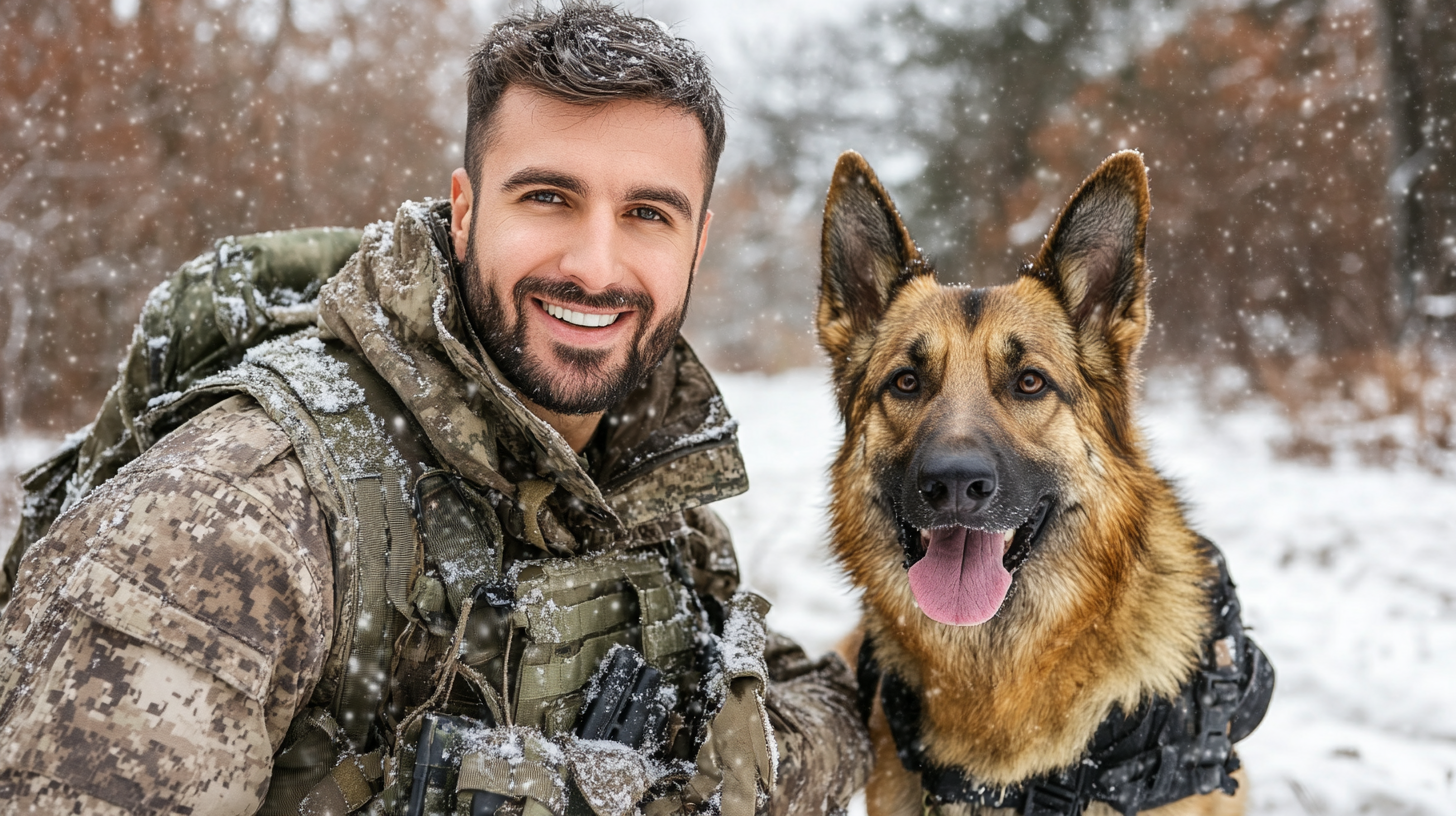
The most important training aspect for soldiers who must operate in mountainous regions during winter is acclimatization to the extreme cold and high altitude. This training is crucial because the winter environment in the mountains presents a unique set of challenges that can be as dangerous as the enemy itself. Proper acclimatization ensures that soldiers can maintain their physical and mental performance despite the harsh conditions, which is critical for mission success.
Acclimatization and Survival in Extreme Cold:
The primary focus of winter mountain warfare training is helping soldiers adapt to the severe cold. Exposure to freezing temperatures over extended periods can lead to hypothermia, frostbite, and other cold-related injuries if not properly managed. Soldiers must learn how to dress in layers, manage body heat, and recognize early signs of cold injuries. Training includes building and maintaining shelters, using specialized cold-weather gear, and understanding how to work with cold-sensitive equipment.
High-Altitude Acclimatization:
In addition to coping with the cold, soldiers must acclimate to the high altitudes typically found in mountainous regions. High-altitude conditions can lead to altitude sickness, which reduces physical capability, impairs judgment, and can be life-threatening if not addressed. Training focuses on gradually exposing soldiers to higher elevations, teaching them how to manage their oxygen intake, maintain hydration, and conserve energy. Physical fitness, combined with specific breathing techniques, helps soldiers perform effectively in thin air.
Mobility and Endurance:
Winter terrain is often covered in deep snow and ice, making movement slow and exhausting. Soldiers are trained to use snowshoes, skis, and crampons to navigate these conditions efficiently. Physical conditioning for endurance is critical, as soldiers must carry heavy loads while traversing steep, slippery slopes. Learning to move silently and efficiently in these conditions is essential for maintaining the element of surprise and conserving energy during long missions.
Survival Skills:
Finally, survival training is an indispensable aspect of winter mountain warfare preparation. Soldiers must be able to sustain themselves if cut off from supply lines or if they become isolated. This includes skills like building snow shelters, starting fires in extreme cold, and sourcing food and water from the environment. Survival training also covers the psychological aspects of enduring isolation and extreme conditions, which are as crucial as physical endurance.
In summary, the most critical aspect of training for winter mountain warfare is acclimatization to both the extreme cold and high altitudes. This involves not only physical preparation but also mastering survival skills, mobility techniques, and the mental toughness needed to operate effectively in one of the most challenging environments a soldier can face. Without this specialized training, the harsh winter mountains can become an insurmountable obstacle, but with it, soldiers can turn the environment into a strategic advantage.
